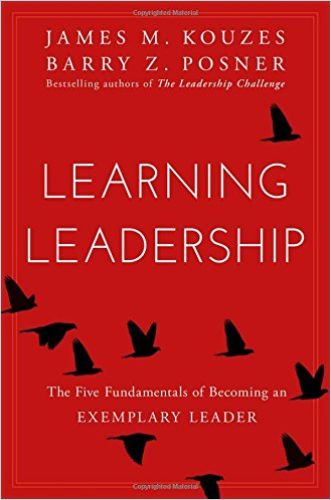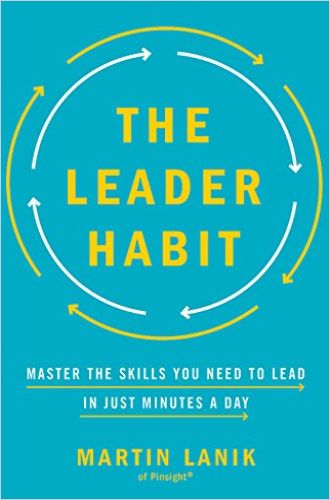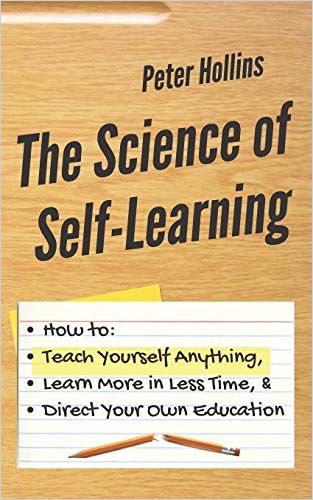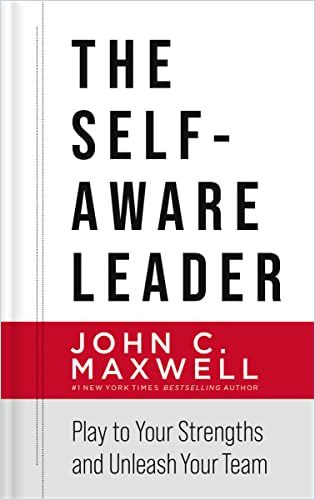Competence Leads to Confidence

If you are like most leaders, you’ve encountered a time — or, if we are being honest, multiple times — in your career in which you felt insecure and unconfident. Perhaps your team failed to achieve a goal, or you feared you might not live up to expectations in your new role. Many questions that ran through your mind will likely feel familiar to many: “Am I the right person for this job?”; “Do I have what it takes?”; “What if I can’t deliver?”
These thoughts are natural. Yet, if left unaddressed, frequent moments of self-perceived inadequacy will impact your ability to reach your full potential. “Ducking the facts about performance for fear of being judged, criticized, humiliated and punished characterizes losing streaks, not winning streaks,” writes leadership expert Rosabeth Moss-Kanter in her classic book, Confidence.

So, when plans don’t go as expected, when results are not achieved, or when uncertainty makes you feel anxious, how can you ensure you are the confident leader your team needs?
Building Self-awareness
Leaders are human, and no human can know everything. Remember that you don’t have to know everything to be a confident leader. However, you must be willing to learn.
Start with learning to understand your behaviors when you feel confident and when you don’t. For example, when you feel highly secure, you may offer your expertise, challenge accepted wisdom in a strategy meeting, and openly solicit feedback from team members. Conversely, when you feel less confident, you may hesitate to speak up in meetings, go along with the majority opinion despite harboring reservations, and hide in your office to avoid difficult conversations.
In both cases, ask yourself: Why is that?
Don’t stop at the first answer! Instead, ask three or four more times to find the root cause for your confidence or discomfort. If you are honest with yourself, you will inevitably tap into your strengths and weaknesses.
This process boosts awareness, allows you to capitalize on your strengths and adjust your behavior when you start feeling insecure. Better self-awareness will enable you to use your skill sets more efficiently and create a personal development plan to address growth opportunities.
Your role as a leader is to empower each team member to use their skills and experiences to achieve a shared goal. As in any high-performing team, there will be team members whose skill sets surpass yours — which does not highlight an inadequacy on your part but reflects on your ability to assemble the best team possible. If you struggle with identifying your strengths as a leader, reflect on what people come to you for assistance. Moreover, don’t hesitate to ask your colleagues about how you can improve. Often, the people around us pick up on our strengths before we see our own.
Expect To Succeed. Learn When You Don’t.
Your career and leadership experiences will always be marked by ups and downs. What counts is the mindset with which you approach each situation. Did you miss a target? Don’t hang your head, but find out why with your colleagues. Even better, ask for ongoing feedback. Again, if you ask “why?” five times, you will receive at least one answer that will help you avoid derailing the next time. Be a role model by practicing open communication with your team members and peers.
“To get better at leading, you have to get gritty. You have to persist in the face of difficulties, thinking more like a marathoner than a sprinter,” write authors James M. Kouzes and Barry Z. Posner in their book Learning Leadership.

The days when managers were expected to know everything better are over. Anyone trying to pretend they do will only embarrass themselves. You earn other people’s respect by expanding your knowledge whenever the opportunity arises and by effectively combining the skills of team members to achieve common goals.
Today, effective leaders are more like facilitators.
They know about existing strengths and weaknesses; they seek to reinforce the former and address the latter — not by pointing fingers but by developing an improvement plan.
Don’t Be Too Hard on Yourself
Many leaders experience some form of imposter syndrome, which involves feeling like a fraud despite external success. At a time of rapid change, it’s easy for leaders to feel helpless and incompetent at addressing the many moving parts they are juggling. However, feeling overwhelmed may only indicate a lack of focus. It takes grit to stay on course while being constantly bombarded by competing opinions and fast-changing trends.

“I think we should come out as the flawed human beings that we all actually are,” writes author Rita Clifton in Love Your Imposter. Clifton posits that acting professionally doesn’t mean you must lose the empathetic, vulnerable, quirky aspects of your selfhood that make you unique.
Leverage the combined wisdom of your team to move you forward instead of relying solely on your instincts.
Benefit from team members’ skills and knowledge that you may lack. Gather as many perspectives as you can before making a decision. Create the psychological safety your team needs to be vulnerable and share their opinions openly. Bring out the best in the people you lead, so they can make you the best leader you can be.
Note: This article first appeared on Training Industry. Here are some additional summaries that might help you build confidence:
Read more about self-awareness, psychological safety and cultivating grit in the following Journal articles:











